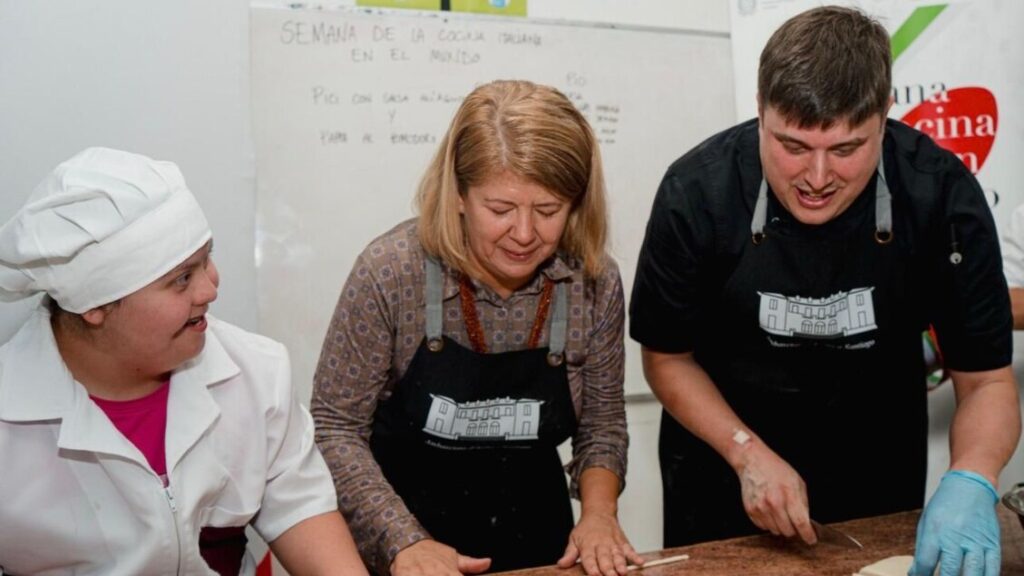From November 17 to 23, the 10th Week of Italian Cuisine in the World (SCIM) was held in Chile, an event promoted by the Ministry of Foreign Affairs and International Cooperation to enhance the gastronomic tradition as Italy’s identity, cultural and social heritage. With ever-growing participation and the contribution of institutions, researchers, businesses and local communities, the initiative confirmed the strength of cuisine as a universal language, capable of uniting people and territories through culture, knowledge and conviviality.
The Chilean market shows a growing interest in Italian quality: in the first half of 2025, imports in the sector increased by 14.2 percent, while in 2024 Italian coffee reached $13.8 million, an increase of more than 35 percent over the previous year. These figures confirm the strength and potential of bilateral economic relations.
“This year’s edition, dedicated to health, culture and innovation, presented Italian cuisine not only as an art of taste, but as a sustainable food model, scientifically grounded and deeply linked to our history and territories,” said the Ambassador of Italy to Chile, Valeria Biagiotti, emphasizing how these three concepts inspired a rich and diverse program.
Highlights included the Italian Risotto Dinner on Nov. 17; fresh pasta workshops – also aimed at young people in a vulnerable situation or with special needs – and the cultural meeting “La cocina de la memoria y la identidad,” organized by the Italian Cultural Institute on the centenary of Andrea Camilleri, in collaboration with FILSA – Feria Internacional del Libro de Santiago and the TAOBUK International Book Festival of Taormina.
Also central was the scientific seminar “La dieta mediterránea y la cocina italiana: desde la ciencia a la mesa chilena,” held with the Pontificia Universidad Católica de Chile (PUC), which brought together academics, researchers, doctors and professionals to explore the benefits of the Mediterranean Diet and its dialogue with Italian gastronomic culture. On this occasion, the memorandum of collaboration between the Italian Embassy and the University was renewed, confirming the solidity of academic and cultural relations between the two institutions.
Among the more convivial events was an evening at Ambassador Biagiotti’s Residence, attended by Chilean Minister of Health Ximena Aguilera and representatives from the worlds of entertainment, journalism, business and academia. For the occasion, chef Stefano Ligori offered traditional Italian dishes and guided guests in the preparation of their own tiramisu.
The final and most anticipated moment of the Week was the big outdoor event on Nov. 22 and 23 in Barrio Italia, now in its third year. Avenida Italia was transformed into a vibrant cultural space with showcooking, tastings, fresh pasta workshops, live music, traditional dance, theater and family activities. An informative area was dedicated to food sustainability, with the participation of Valentina Licanqueo, a young activist from the I ACT program, an initiative of IRENA and Farnesina to strengthen the skills of young leaders on climate, sustainability and energy transition issues.
The program was implemented with the support of the Italian Cultural Institute, ICE-Italian Trade Agency, the Municipalities of Providencia and Ñuñoa, Pontificia Universidad Católica de Chile, Finis Terrae University, Liceo Bicentenario Francisco Frías, Centro de Capacitación Laboral D-84, Academia Italiana de la Cocina, and Espacio A Art Gallery.
ALL RIGHTS RESERVED © Copyright ANSA


Dining and Cooking